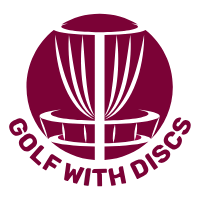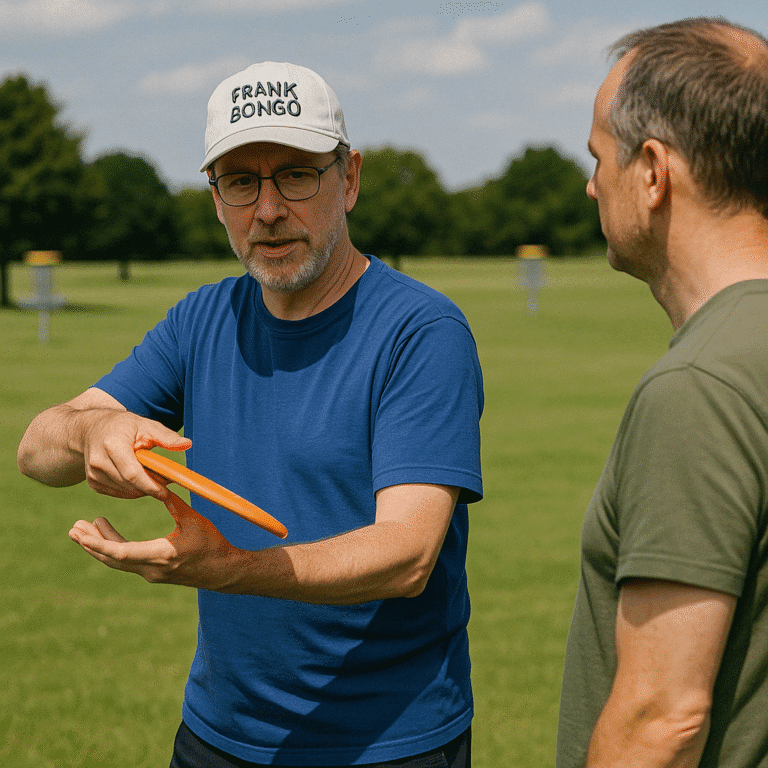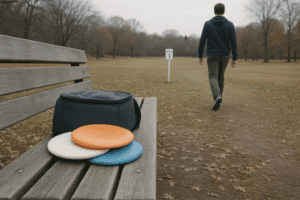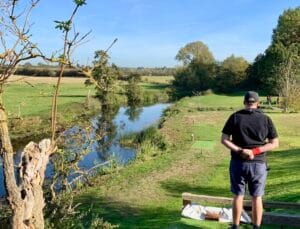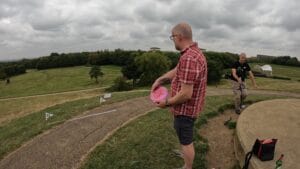If you want to get better fast, try playing disc golf with beginners. Here is the twist. The fastest way to improve often is not copying pros, it is explaining the game to someone with fresh eyes.
You know the pain. You binge pro coverage, then shank your next flex line into the nearest tree. Watching is passive. Teaching is active. When you teach, you must turn instinct into language, and language into better habits.
So here is the fix. Pair up with a new player and treat it like practice with purpose. You will talk through grip, shot selection, and putting technique. You will spot your own shortcuts. And you will tidy up the rough edges you usually ignore.
Why Playing Disc Golf With Beginners Beats Watching Pros
Passive viewing feels helpful, but it rarely sticks. Teaching forces clarity. You have to explain what a hyzer is, why a flex line throw needs height, and when a safer line beats a hero shot. That translation work strengthens your own form and course management.
Explaining a grip, a line, or a strategy to someone with no reference points exposes gaps you did not know you had. It also cements fundamentals you do understand. The result is cleaner mechanics, calmer decisions, and fewer mystery misses.
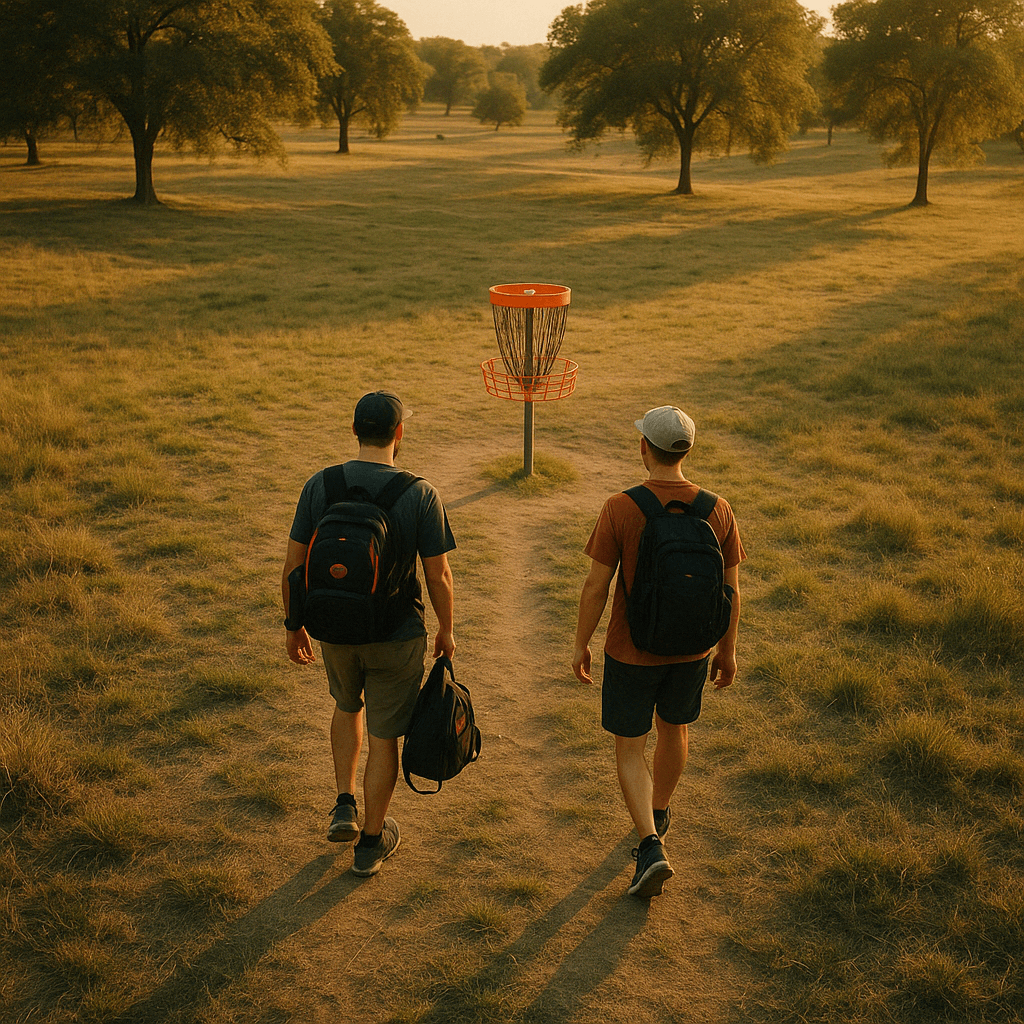
Teach To Learn In Disc Golf
We value what we help build. When you are teaching disc golf to beginners, you build their confidence and your own discipline. You slow down, choose a line on purpose, then say it out loud. That makes your next throw less guessy and more deliberate.
Try a simple teaching strategy on the tee:
- Grip talk, relaxed hand, firm at hit, no squeeze in the reach-back.
- Putting technique, one routine, one cue, one speed.
- Shot selection, wide fairway equals midrange control, tight gap equals putter.
- Approach shots, throw the easy two, park the basket with height control.
- Flex line throw, only when the ceiling and wind allow it.
- Course management, aim for the fat side of the fairway.
Call it light disc golf coaching for novices. The reps count for you too.
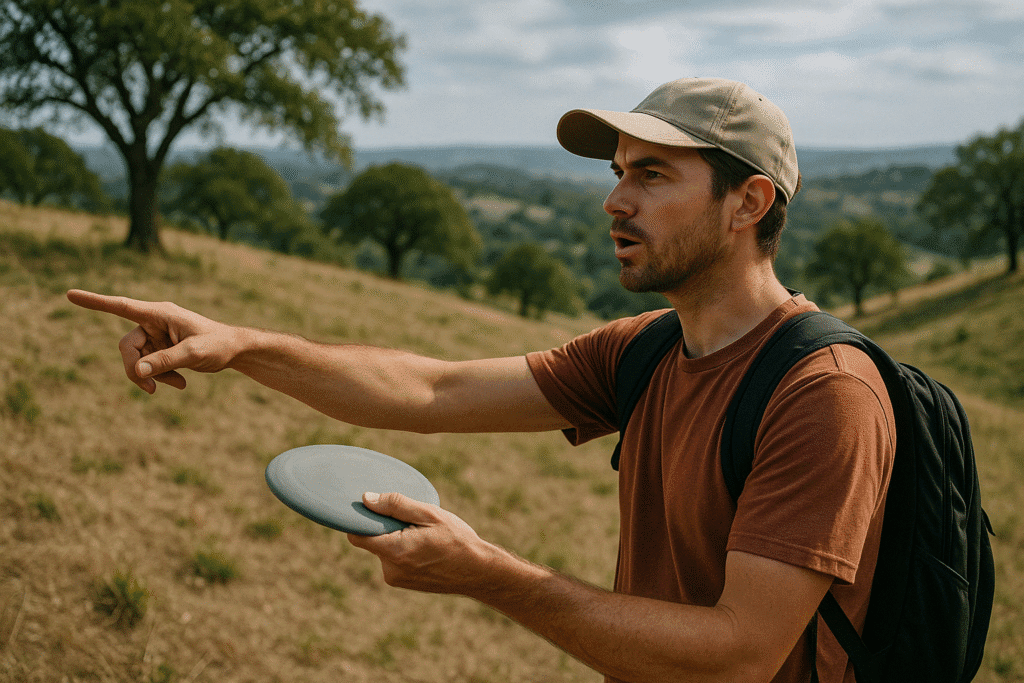
Playing With Beginners Reminds You Why You Play
People do not just want birdies. They want progress, identity, connection, and a bit of control. Walk a beginner to their first parked approach and you will feel all of that again. Their small wins reset your perspective and settle your nerves.
As a disc golf mentor, you pay attention in a different way. You choose the right disc, you check the wind, you commit to an angle. Responsibility sharpens focus. Confidence in disc golf grows when you are the calm voice beside someone learning.
The Value Of The Amateur
The sport grows because ordinary players invite new ones. Not because only the longest throwers turn up. If you still wonder why you should play disc golf with newbies, the answer is feedback. When you explain, you notice. When you notice, you improve.
So yes, go play disc golf with newbies. You will talk less about distance and more about decisions. You will also notice the quiet gains that actually lower scores.
How Playing Disc Golf With Beginners Builds Quiet Status
Status is not only a rating. It is being the person who helped someone enjoy their first clean release. Those moments stick. And there is a side effect. Speaking your plan out loud, disc, angle, wind, helps you internalise it. That is how teaching improves decision-making.
Practical Tips For Mentors
Disc golf tips for beginners
- Start with one neutral mid or putter, fewer discs, fewer choices.
- Focus on putting technique first, ten feet, then fifteen, then twenty.
- Teach a flat release before hyzer or anhyzer experiments.
- Use simple cues, slow to fast, eyes on the aim point, clean follow-through.
Benefits of playing with beginners
- You explain your process, which cleans up bad habits.
- You practise course management instead of hero lines.
- You get real feedback on what advice actually works.
How beginners help you improve in disc golf
- They force you to simplify, which exposes weak spots.
- They create attention, and attention improves consistency.
Disc golf coaching for novices
Keep sessions short and specific. Show how to teach disc golf by modelling one thing at a time. Use beginner mindset language, clear, patient, positive. That is improving your disc golf game through teaching.
Mentorship Month Challenge
Try this simple plan.
- Pair up with a beginner for a month.
- Play together once a week.
- Before each round, choose one focus, grip, shot selection, or putting routine.
- After each round, write what you explained, what they improved, and what you will change.
The gains will surprise you. Explanation builds skill. Reflection locks it in.
The Unexpected Perks Of Playing Disc Golf With Beginners
Worried it will slow you down. It often does the opposite. You throw with intention and you enjoy the session more. You also revisit basics you may have skipped, midrange control, approach shots, and a tidy pre-shot routine.
There are clear disc golf mentor benefits. You get steadier under pressure. You focus on the shot in front of you. And you keep the game fun, which is the best fuel for long term skill development.
What to Know Before You Teach Someone Disc Golf
Yes. Teaching turns habits into clear steps and exposes weak spots. You improve while you help.
Start with putting technique and a simple grip. Add basic shot selection once they can putt calmly.
Once a week for a month works well. Consistency helps lessons stick for both of you.
Unlikely. You will focus more and make smarter choices. Teaching usually speeds up learning.
Clearer thinking, steadier form, and better course management. You improve through reflection and feedback.
No. Be patient, keep advice simple, and model safe throws. That is enough to start.
